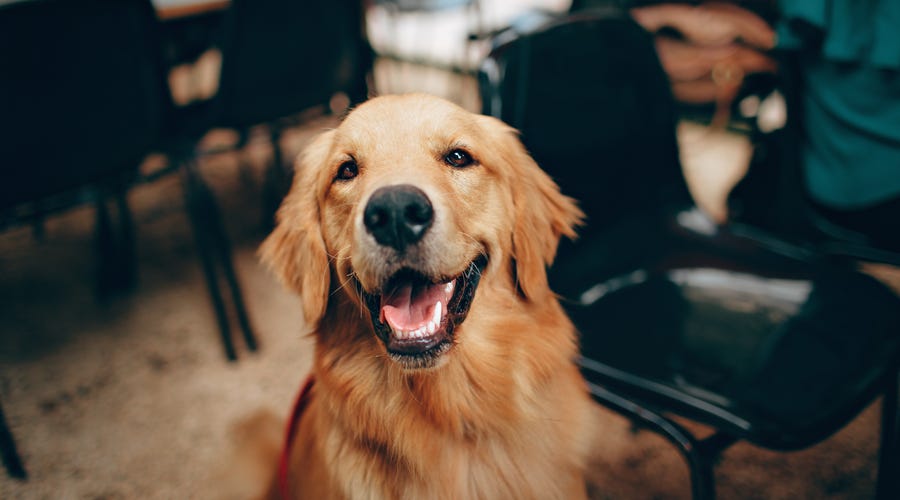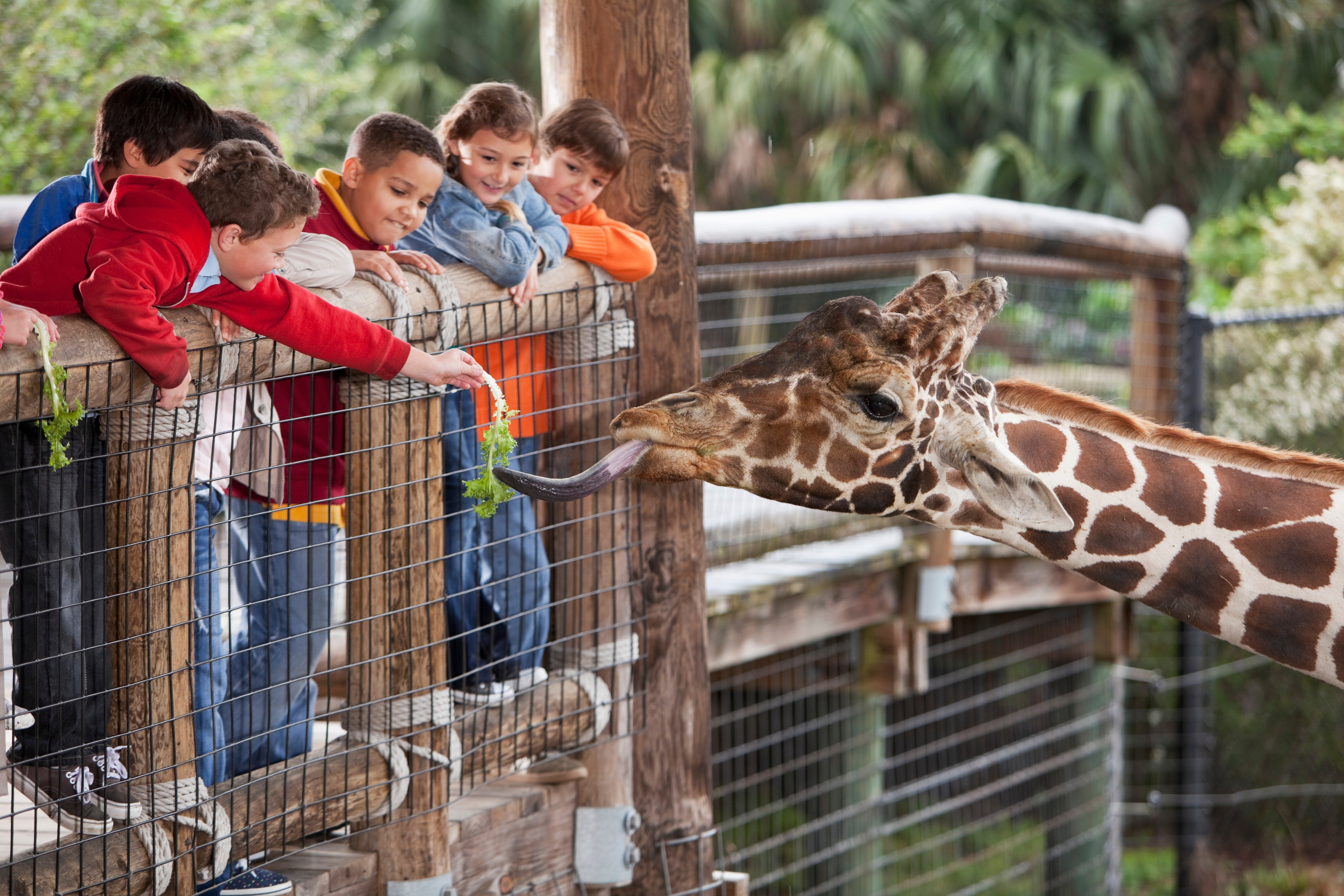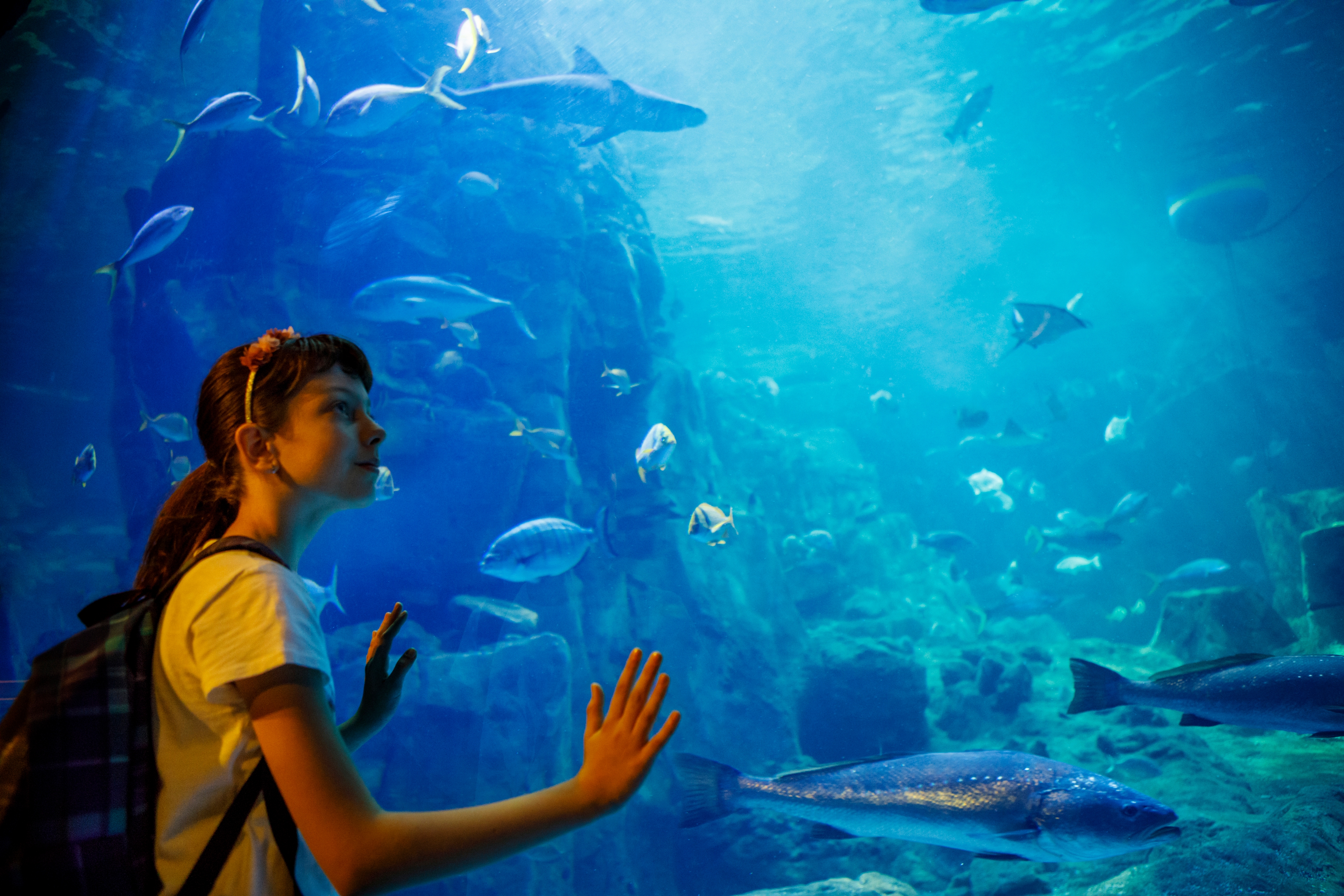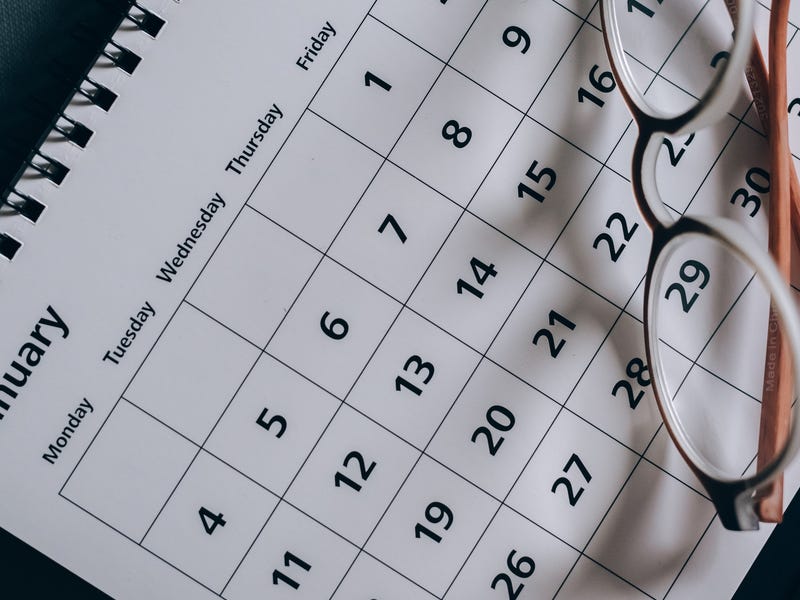Animal vocabulary games
I went to the zoo / farm / park / beach and guess what I saw:
This game is played in a group. Player one says, “I went to the zoo and I saw a (animal name).” The second player repeats the sentence AND the first player’s animal and then adds their own. The third player must remember and repeat both animals and then add their own, and so on.
The game continues until a player falters and makes a mistake.
Animal squares
This game is played with blank square grids of any number of squares, and a pencil for each player and can be played individually, in teams, or as a class. Choose a category – zoo animals, farm animals, pets, Australian animals, endangered animals, and so on. Begin with an easy category.
The grid is placed where everyone can see it (if in a class) or where you can write on it (if in a small group).
- Players in small groups take turns to write on the grid the name of an animal in English (which fits the chosen category). A player is out when they cannot think of another animal to add. Because the game requires players to investigate animal environments and names of animals in English, rules can be relaxed to allow the use of the internet or picture books.
OR
- Players in a class call out the names of animals in English and the teacher adds them to the grid. The game is over when players are unable to add any more animals. If the grid is filled, the class wins. Grids (and categories) can be drawn up to match the capability of groups.





